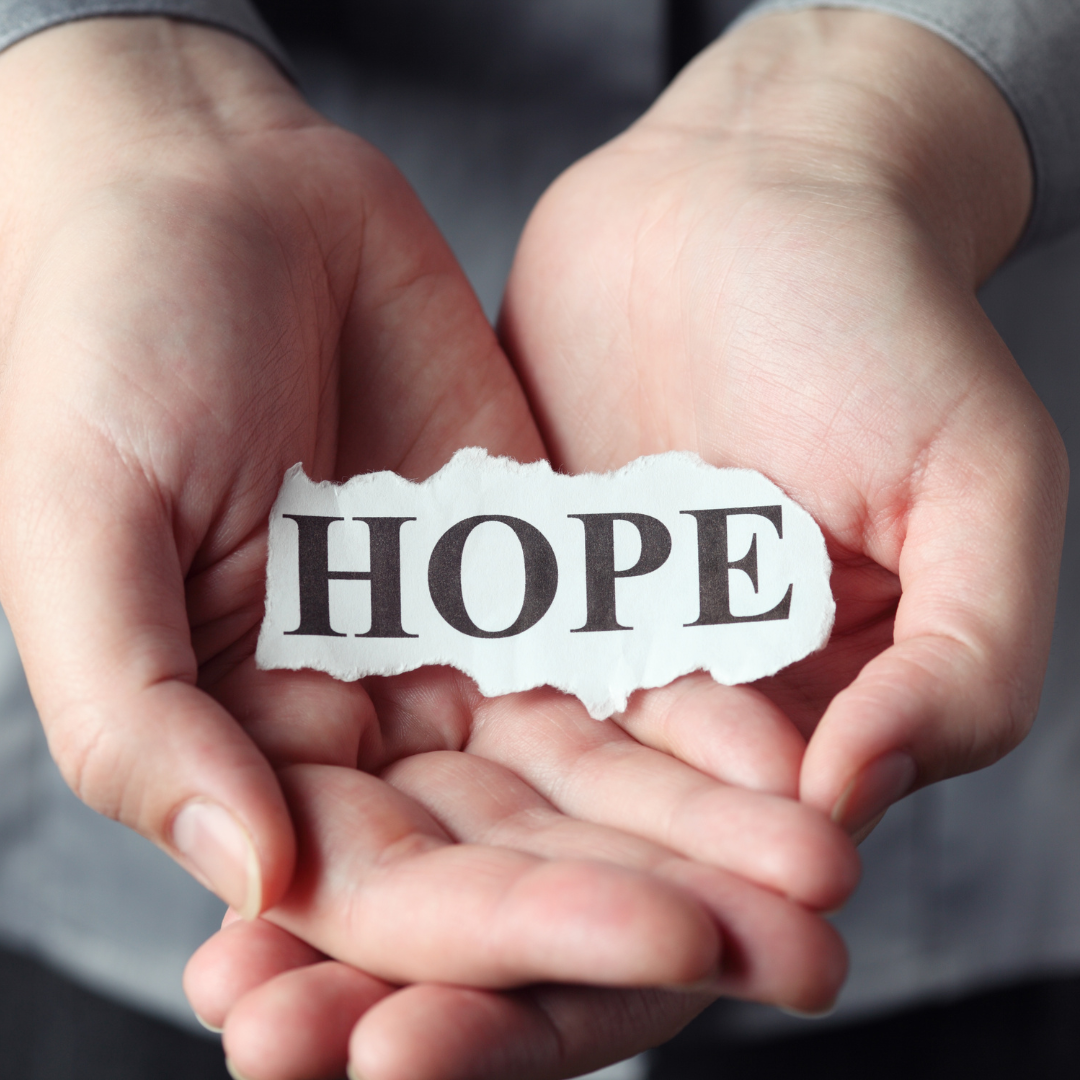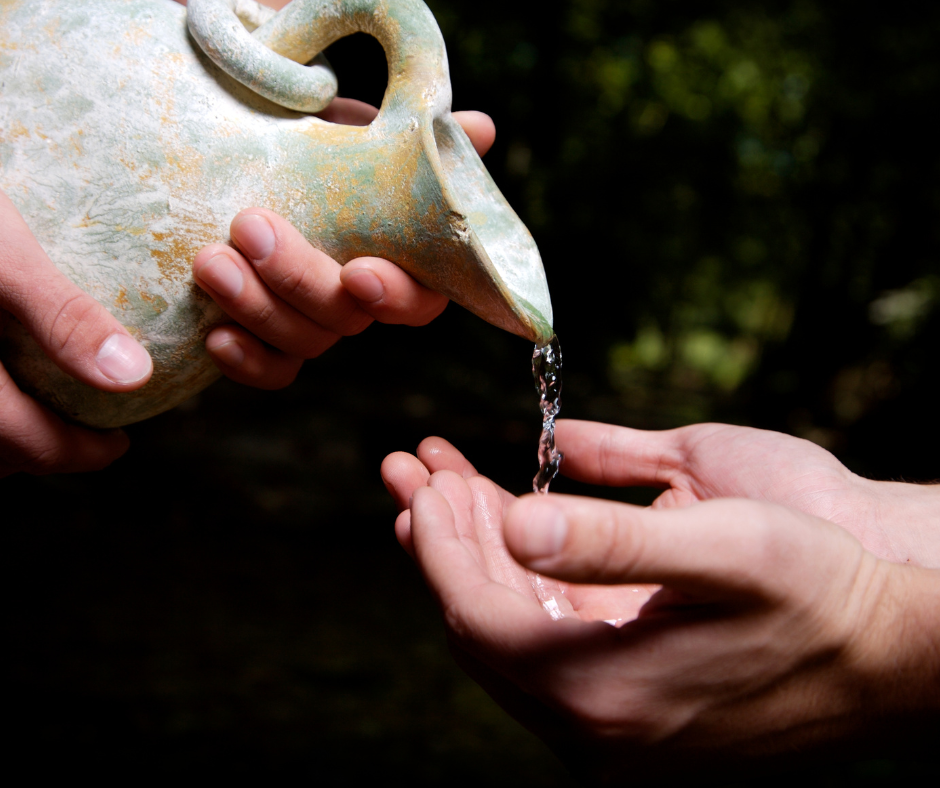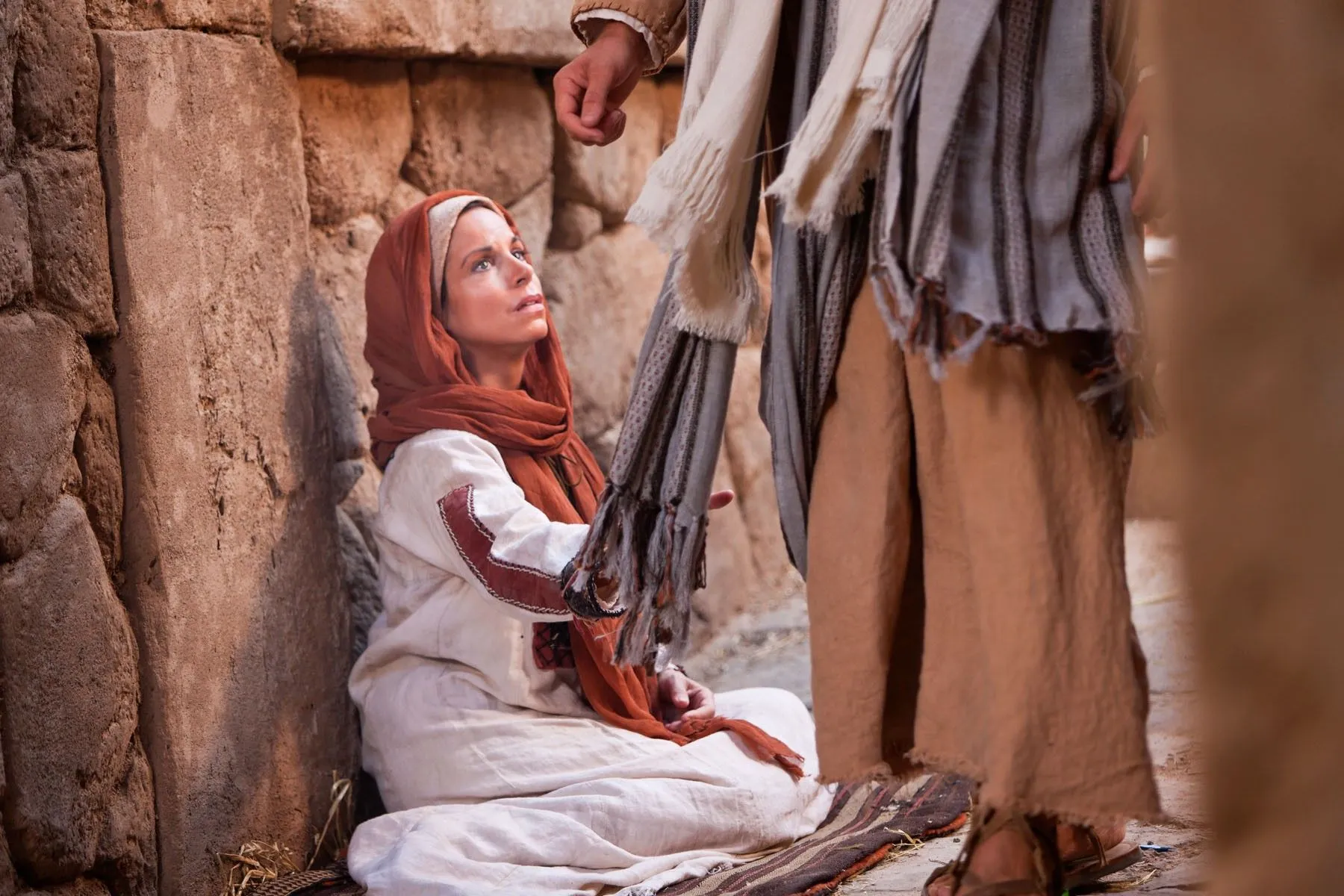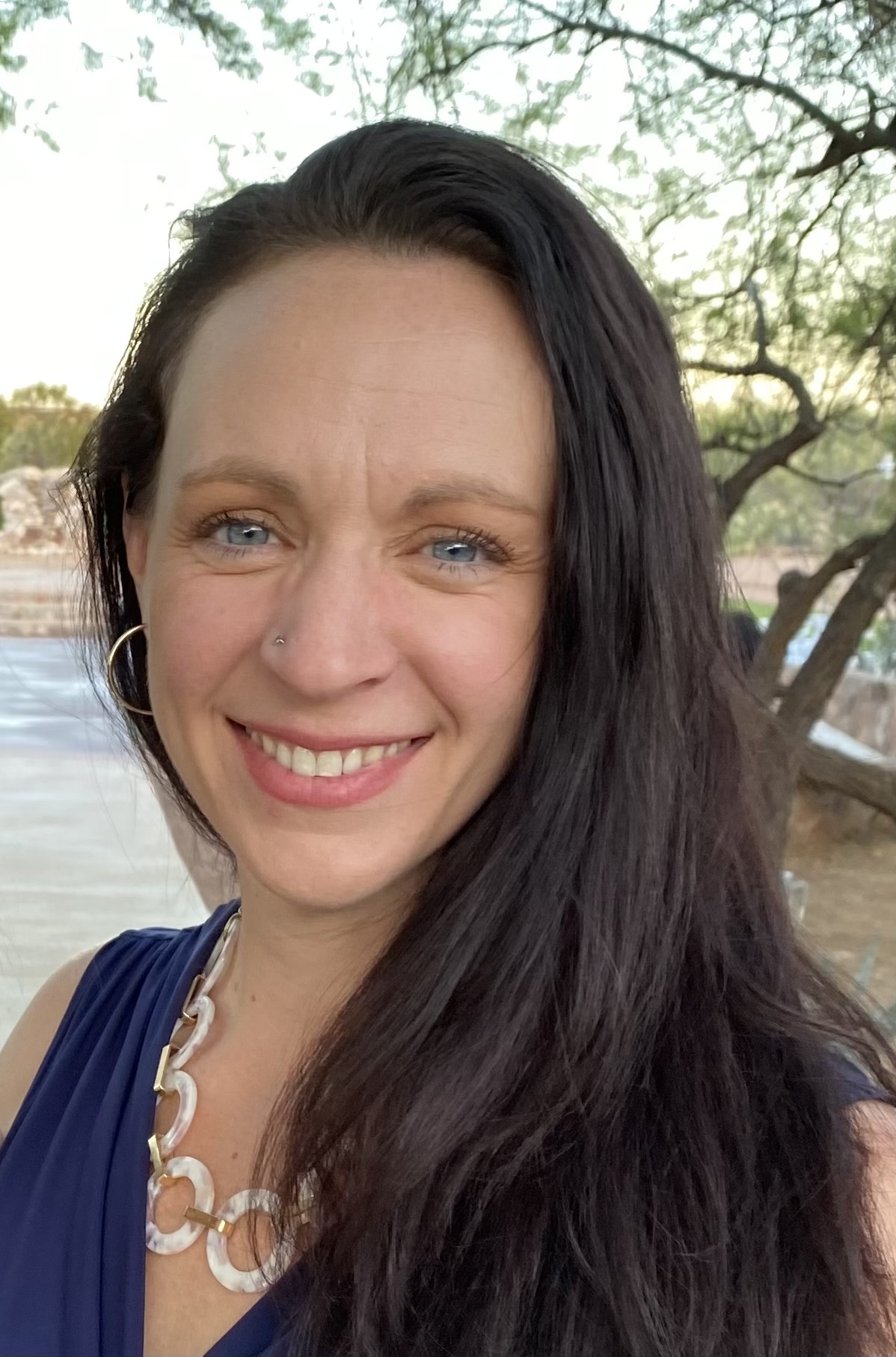What is hope? What have you heard about it? What do you think it is?
Sometimes it seems hope is offered as a vague antidote to suffering, leading to more questions than answers.
“Just have hope!” people say.
Is it a magic medicine that cures all ills?
Or, “If all else fails—hope!”
Is it a last resort?
“If you only have enough hope . . . ”
Is it something measured by quantity?
We often pretend that we know what we (and others) mean by hope. We figure it must be a good thing to talk about during hard times. And so, we smile and agree and say, “Yes, I have hope. Isn’t it wonderful?”
Yet deep down inside, we are not sure. Often, despair seems more realistic than hope. Despair says that our choices do not matter because nothing will ever change. Despair says that the badalways wins. Despair is the absence of hope.
On the news, in our lives, the evidence seems to stack up on the side of despair. Sometimes, we can physically feel its presence. It presses in upon us, threatening to smother. In its oppressiveness, it seems to challenge us to push back. It hovers over us as we consider the potential outcomes of our decisions, making it difficult to think clearly.
And yet, as strongly as despair presents its case, something innate in human nature prompts us to reach toward something else—and hope seems like the right thing. This is why we see so many sayings about hope—on garden stones, on artwork, on posters, on bumper stickers.
Things like,
Don’t lose hope. You never know what tomorrow may bring.
Hope is the little voice you hear whisper “Maybe” when the entire world is shouting “Not possible!”
With hope, anything is possible.
Embrace hope and tomorrow will be better.
What? Perhaps you respond as I do to these sugary expressions of uselessness. The words leave us with the feeling of “maybe” rather than the conviction of real hope. They make it seem as if hope is an unlikely outcome that we try to conjure up just to keep ourselves from jumping off a cliff!
So, let’s try to gain some clarity.
First, we need a correct understanding of the term hope. There are two clearly defined and legitimate definitions of hope. We will consider the first definition in this chapter.
Culturally and secularly, hope usually carries a feeling of expectation and a desire for a particular thing, usually a good thing, to happen. Examples include,
I hope you feel better.
I hope it doesn’t rain today.
I hope I get that job.
I hope I can pay my bills.
Expressed this way, hope is the expression of a desire for something good to happen. It expresses the very real possibility of good and the determination to take a chance on that possibility. It suggests an ability to look forward with longing, if not confidence. And it opens the door to something other than despair. This is good. We need this perspective.
Yet, packed within this use of the word hope is the understanding that the outcome is uncertain. If we were sure of the outcome, we would not use the word hope. Instead, we would say, “I know you will feel better,” “I have been assured of a job offer,” or “I will have the money to pay my bills.”
We often use hope as an expression of what we want to happen, or what we wish will happen; yet choosing to use the word hope rather than the word know is to acknowledge the possibility of disappointment. Deep in our hearts, we know there is a chance that what we want may not actually come to be.
Isn’t that interesting? The very word that is used to express possibility is packaged with the potential for failure. In that sense, hope takes on a sad tone, doesn’t it? We can sometimes even hear this in the tone of voice with which hopefulness is spoken: “Well, I hope that works out.”
One of the results of the suffering in our lives is that we often feel trapped, as if we are in an oppressive and threatening place and don’t know how to find our way out. Our thoughts of the future are overshadowed by the pain of the past and the present. So, how can we have hope for something good when all is tainted by pain?
Sometimes the pain seems so great that we can’t see any hope that it will get better. Sometimes, if our trauma involves harm that was done to someone else, we might even feel guilty about having hope. We might think, Why should something good happen to me when others were harmed so deeply? And especially if our suffering is ongoing, we might not see any hope of moving beyond the current status quo.
These feelings are all very natural and real. Deep inside, we feel nothing can change. We are convinced that “life the way it is” is “life the way it will always be.” In the midst of our suffering, we become unwilling to take a chance on good. We do not—cannot–-choose to hope, because we are overwhelmed by the surety of failure and the surety of pain. To live this way is to live in despair.
So, here we sit, either . . .
hoping—expectantly wishing, without any real assurance for good,
or
giving into despair, because we see no possibility that good will overcome suffering.
In the next chapter, we will talk about a more assured sense of hope. But, for now, as difficult as it may be, we are going to stop for a bend in the road.
A Bend In The Road: Giving Voice To My Hopes
Set aside contemplative time to express your thoughts and emotions about hope.
Your hopes are valuable. We record valuable things. Use this page to express your hopes. Truthfully with words and phrases, identify those things for which you had hoped, as well as those things for which you still hope. Be a good traveling companion—do not respond, “Well, I never should have hoped for that.” You should have hoped. You did hope. Let’s acknowledge it together.
Then, perhaps more difficult, record how those hopes have been unfulfilled, crushed, or shattered. This is the time to say it. No sugary quotes. No defenses of others.
Simply and honestly hear your hopes. Give value to them and to the pain you have experienced.
~Susan Habegger, Author of A New Song
Susan is an author, speaker, founder and international director of Thrive Life Skills. Through intimate conversations, valuable reflection, and discussions about the Good Shepherd, who walks with us, A New Song will meet your need to make peace with suffering and find hope where you are. Coming April 2024 to Amazon! Connect with Susan HERE, and follow her on Facebook and Instagram.





0 Comments